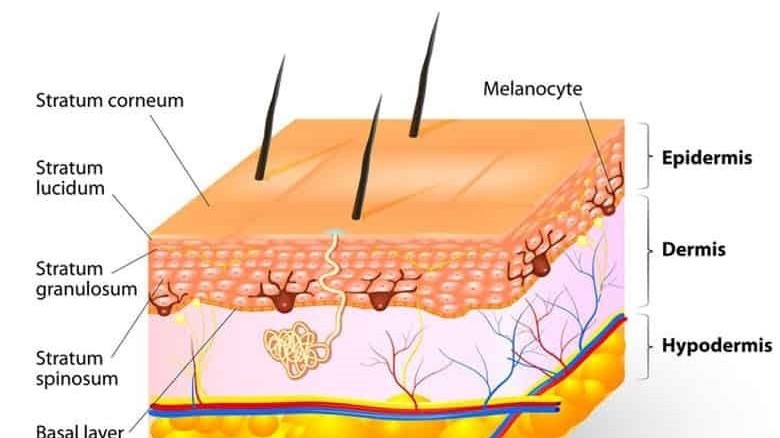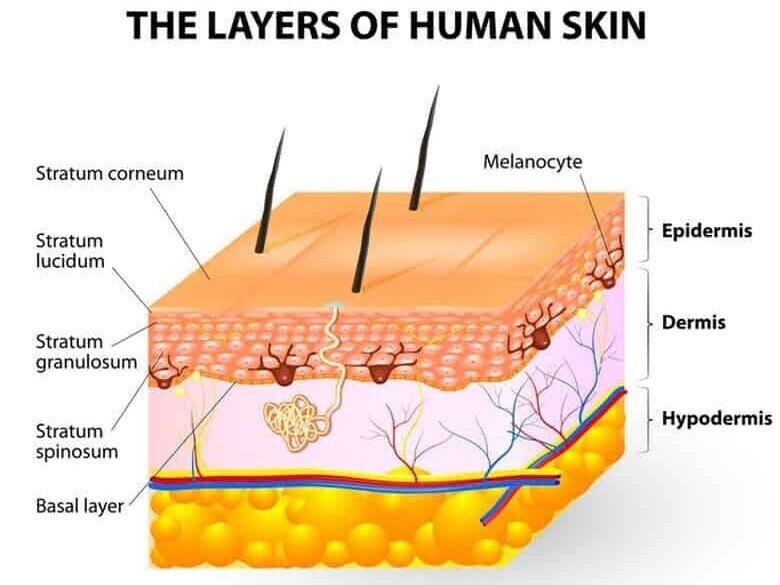External Factors Influencing Skin Aging

posted 28th February 2024

External Factors Influencing Skin Aging
Skin aging is a normal cycle that everyone experiences. There are many skincare products and treatments designed to help reduce the aging process, yet some external factors speed up the normal aging process when we least expect it. Read on to learn more about these accelerants and their impact.
Sun Exposure
When you expose your skin to UV radiation consistently, it may jump-start premature skin aging. Individuals with lighter skin are more likely to suffer sun damage because they have less natural protection. Without sunscreen to protect your skin, DNA mutations and reactive oxygen species (ROS) form in your body. Oxidative stress happens when there is an imbalance of ROS and can’t repair the UV damage. DNA mutations are not repaired after continuous exposure to the sun and increase the risk of skin cancer.
Weather
Weather conditions affect the skin aging process. During colder months, dry air takes away the hydration in your skin. It makes wrinkles and fine lines more noticeable. Areas with high pollution cause oxidative stress, such as high sun exposure. Living in places with high pollution increases your risk for skin cancer, pigmentation issues, and premature aging.
Lifestyle Factors
Your day-to-day activities and lifestyle choices play a role in how soon your skin shows signs of aging. While some of your aging is predetermined by genetics, much of it is controlled by your daily choices.
Skincare
Skincare products and treatments help slow down the aging process, but some of these treatments do not help. Harsh scrubs make irritate your skin and become sensitive over time. They damage the skin’s protective barrier. Avoid using irritating products in your daily skincare routine. Some of these products include:
· Alcohol-based and alkaline scrubs
· Strong foaming cleansers
· Aggressive peels
Sleep
A good night's rest is important to feel energized and productive the next day. When you sleep, your skin repairs any skin damage and creates new skin cells. If you have insomnia, your skin does not have time to recover from daily damage. The lack of sleep may lead to premature skin aging and a dull skin tone.
Stress
If you suffer from anxiety, panic disorders, and chronic stress illnesses, you are more likely to show early signs of aging. Stress causes an increase in hormones and oxidative stress, making your skin’s health decline.
Smoking
Smokers often have wrinkles around their mouths from repetitively putting their lips around a cigarette. Nicotine in cigarettes lowers the number of nutrients and oxygen going to the skin. This prevents the skin from healing and retaining collagen. The decrease in collagen makes the skin lose its firmness and structure resulting in premature aging.
Nutrition
Different nutrients have antioxidants to help reduce skin aging. Antioxidants reduce oxidative stress and help your body’s antioxidant system. Several fruits and vegetables have antioxidants in them such as:
· Peaches
· Raspberries
· Tomatoes
· Artichokes
· Cherries
To reduce your chances of premature skin aging, it is important to have healthy eating habits, use sunscreen, and use gentle skincare products. LilyJo Atelie, led by Joana D. Pitman, has high-quality, gentle skincare products with anti-aging properties.
Keywords: skin aging, premature skin aging, oxidative stress

